 Windows serve both aesthetic and functional roles in a home, and selecting the right window frame material can greatly impact both aspects. The four main options for replacing windows are aluminum, fiberglass, wood, and vinyl. Today, the most common materials for replacement windows are the latter: wood and vinyl. Wood Replacement Windows
Windows serve both aesthetic and functional roles in a home, and selecting the right window frame material can greatly impact both aspects. The four main options for replacing windows are aluminum, fiberglass, wood, and vinyl. Today, the most common materials for replacement windows are the latter: wood and vinyl. Wood Replacement Windows For many, the primary draw of wood replacement windows is their visual appeal. Many older and restoration homes use wood window frames because the material is associated with a traditional, classic look.
Although natural wood can be beautiful to look at, due to the nature of wood and its ability to absorb moisture, exposure to outdoor weather may result in warping or rotting, so maintenance is structurally critical and needed often, particularly in areas with harsher winters like Pittsburgh. Many wood windows now come clad in aluminum or vinyl on the exterior to help reduce the required maintenance; however, the interior of the windows remain vulnerable to moisture from humidity in the air or condensation on the glass. This can cause wood windows to become difficult to operate due to swelling and may eventually result in mildew or mold growing on the windows.
Wood windows tend to be two to three times more expensive than vinyl and do not often come with lifetime guarantees due to their lower durability. Also, the joints in wood windows, however well fitted, still allow for air penetration that vinyl fusion welded window frames do not.
On a final note, the wood windows that manufacturers are able to produce today are not as high quality as what was produced decades ago because over-harvesting has led to a lack of good, solid woods.
Vinyl Replacement Windows Vinyl windows, which are very popular today, have had a long road to rid themselves of the poor reputation they developed when initially introduced in the 60’s. Initially, the vinyl was weak and prone to cracking and splitting. Additionally, the windows were inefficient and often did not last as long as expected. Since then, advances in technology have made vinyl windows some of the most energy efficient and cost-effective options on the market. Major caution must be taken with the specific type of vinyl windows you purchase, though. There are high quality vinyl windows but there are also low quality vinyl windows. If a customer does their homework and selects a good quality product, a vinyl window will last the life of the home.First and foremost, you want to select a window which is structurally sound, which means you will want a window made of pure virgin vinyl as opposed to recycled vinyl. Recycled vinyl is similar to the material used in plastic patio chairs. Although it may work fine at first, over time it becomes brittle and may crack, warp, and prove difficult to clean. The material also doesn’t allow for fusion welding at the corners, so it is less energy efficient.
Secondly, you will want to select a window which has welded construction at the corners of both the frame and the sashes. By welding these joints as opposed to mechanically fastening them with screws, the windows are much stronger, will operate better because they will stay square in the opening, and they are more energy efficient as there is no gaps at the corners for cold air to come through.
Lastly, most vinyl windows are designed as “replacement windows,” meaning they can be installed into an existing opening without changing the walls or the window trim. Wood windows, on the other hand, are generally “new construction” windows and therefore require the wall to be opened up and the wood trim to be replaced to install them properly. This means a much more expensive installation (on top of a more expensive window).
Bottom Line ComparisonThe main concerns of choosing replacement windows can generally be broken down into maintenance, price, visual appeal, and energy efficiency. Well-maintained wood adds charm to a home. However, vinyl windows come in many forms and some are even indistinguishable from wood. Vinyl windows also have the upper hand in maintenance, affordability, and energy efficiency (which may further improve on overall affordability). In essence, vinyl outperforms wood in most areas with the case-by-case exception of attractiveness.
Subscribe to Legacy Remodeling's Blog





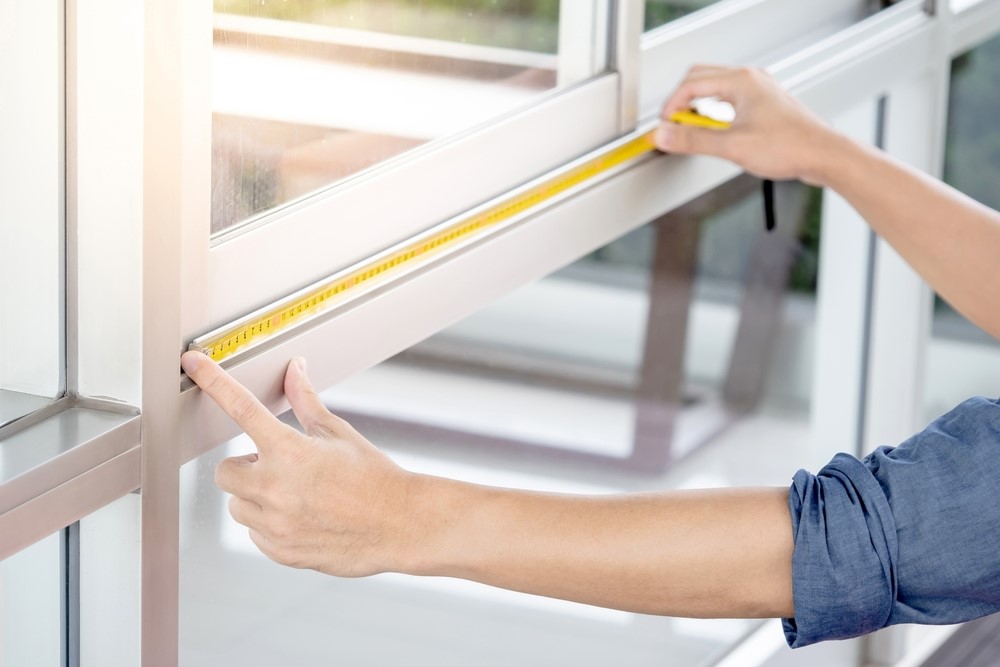
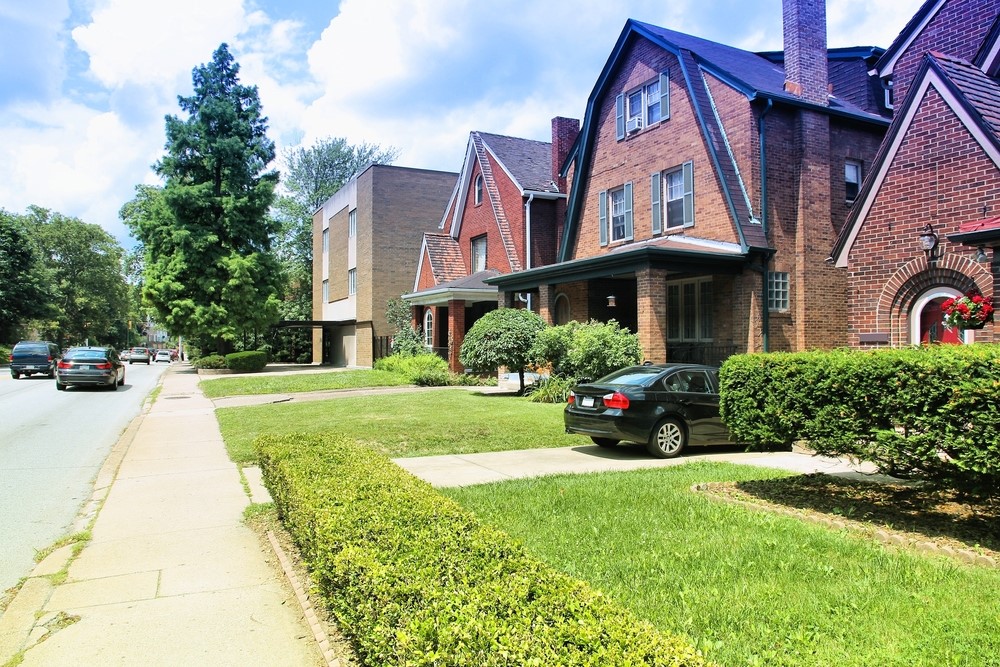
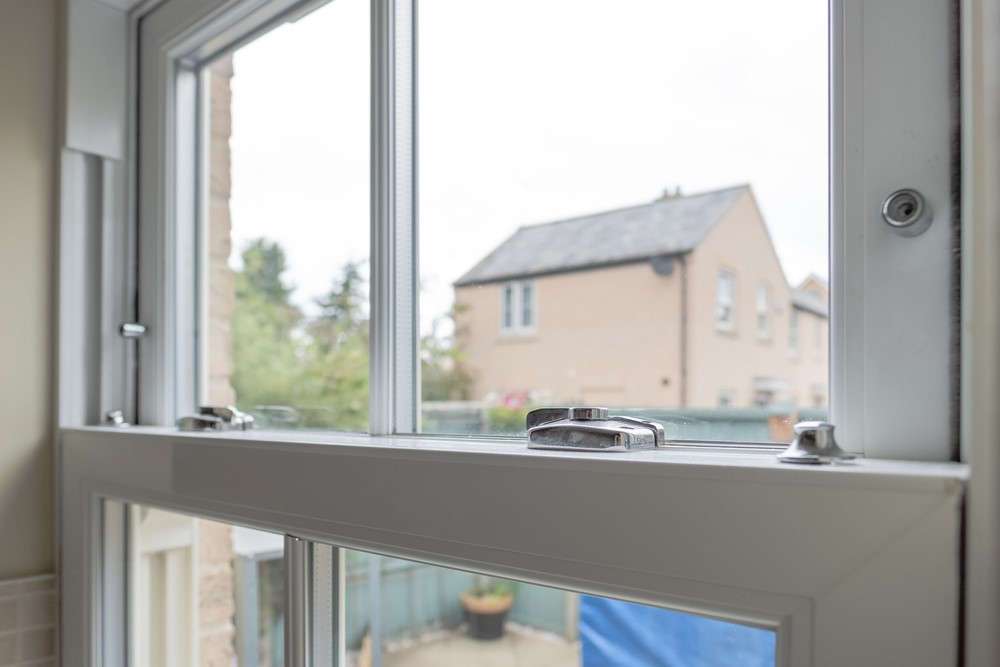
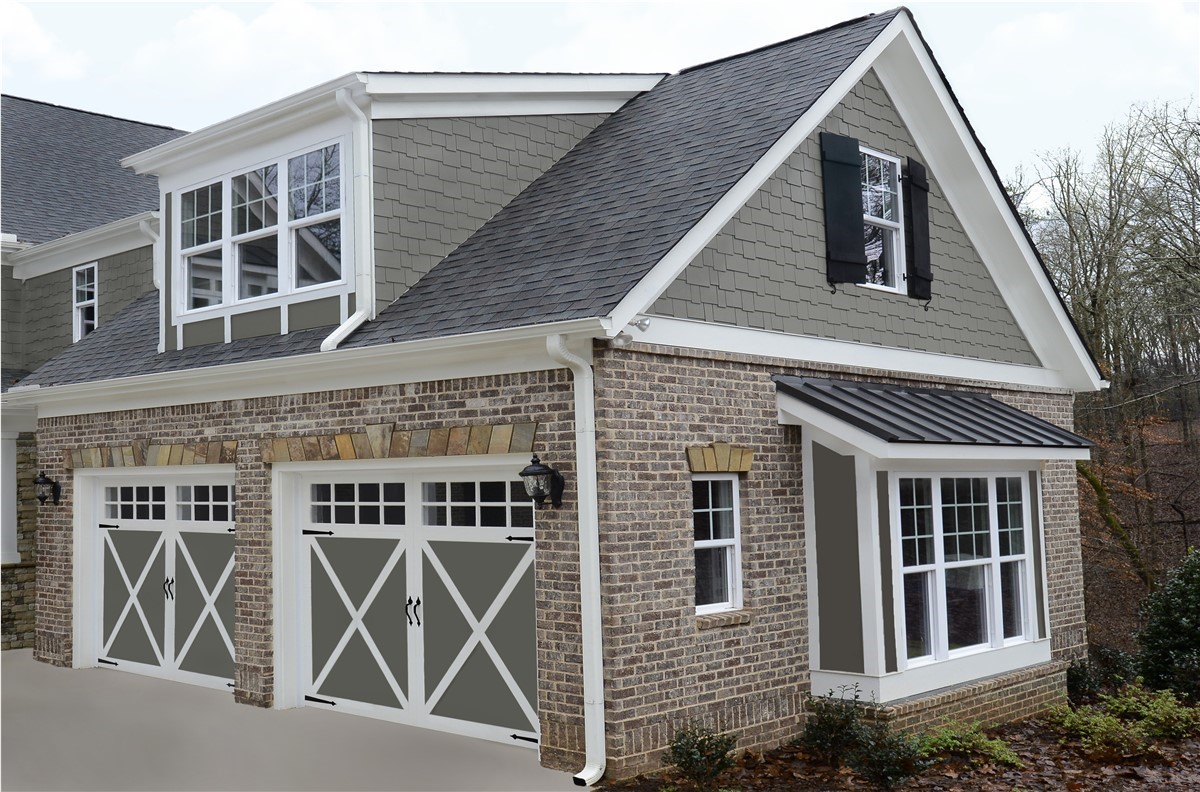
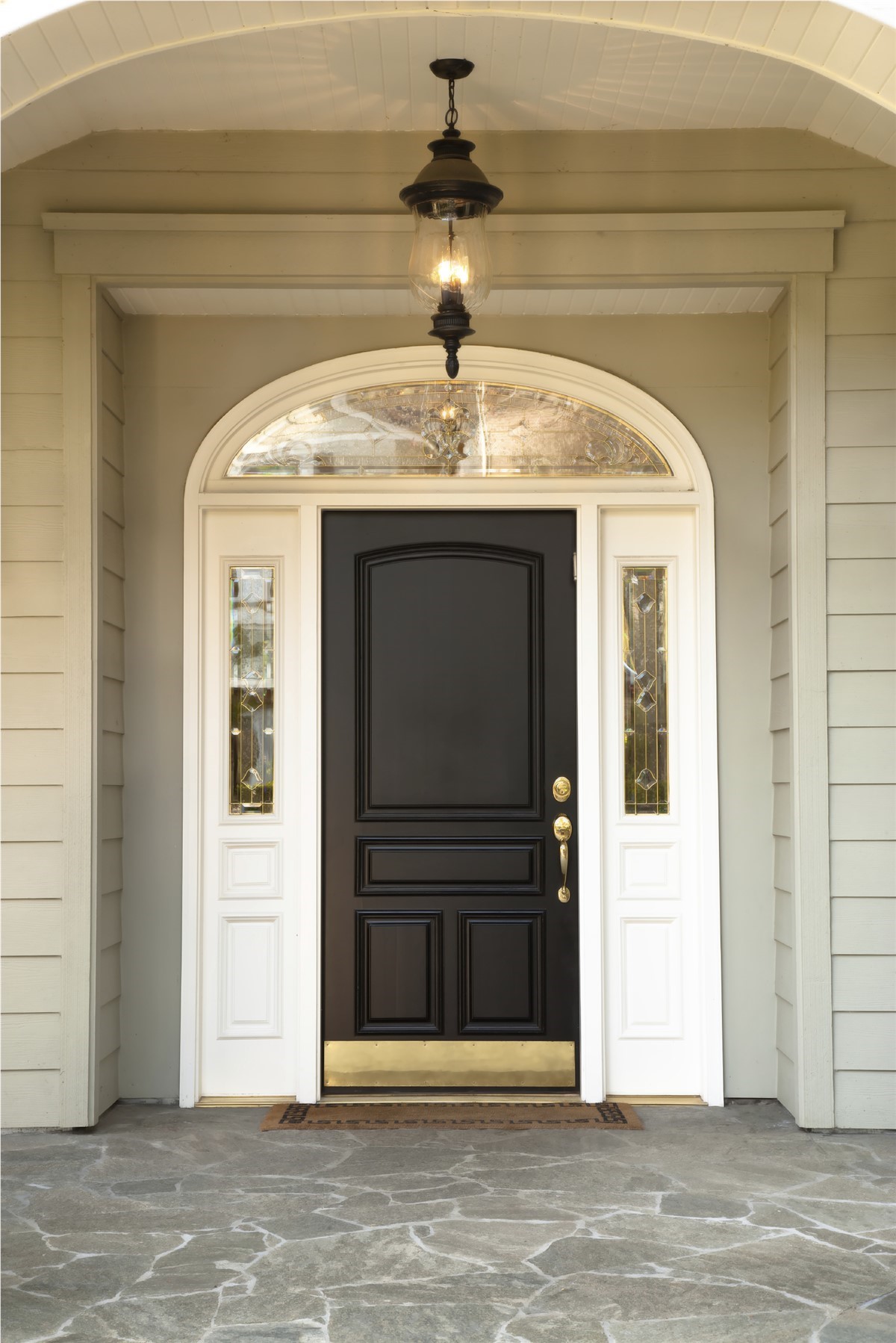

Comments